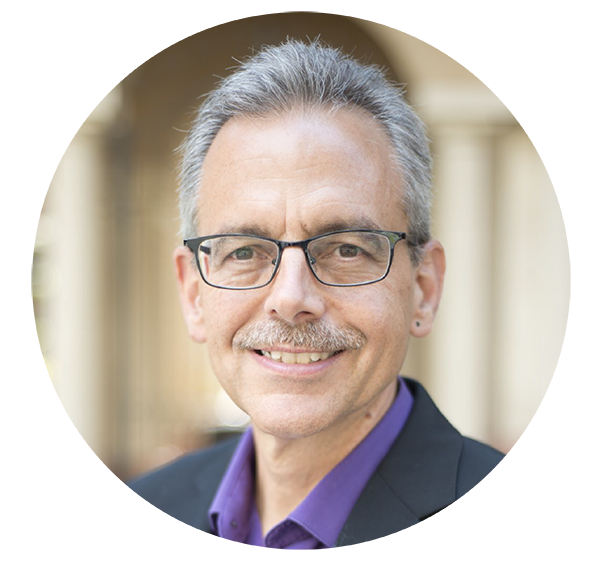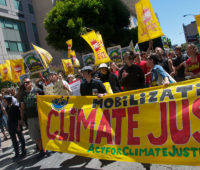Manuel Pastor’s contribution to the “Just Environments” series interrogates how social movement organizations, often led by communities of color, pushed for progressive reforms in California. Through a set of sophisticated tactics—including mobilizing new constituents, marshalling research, proposing new policies, and working with political figures—these organizations played critical roles in shaping more equitable and sustainable agendas. Pastor suggests the success and lessons associated with California’s story offer one path out of our current national state of racial, environmental, and economic anxiety.













